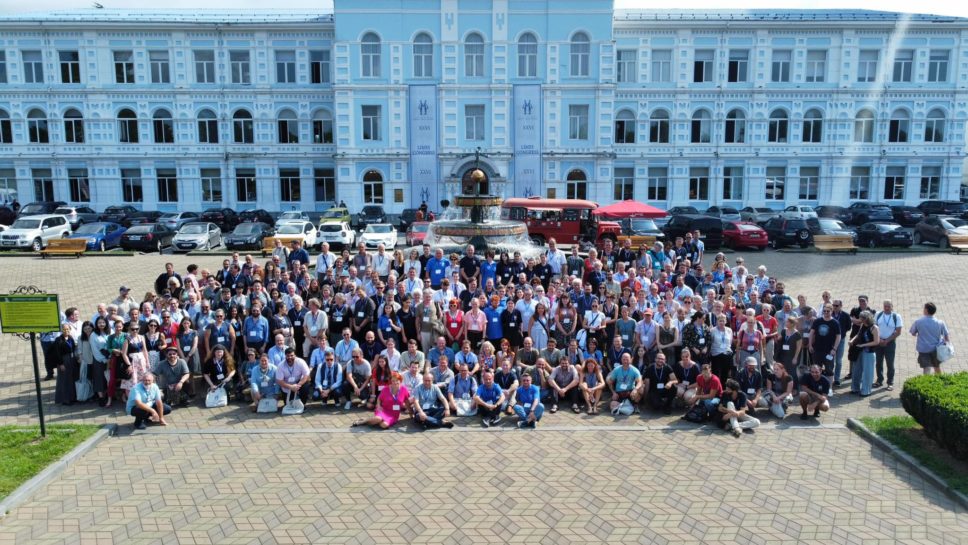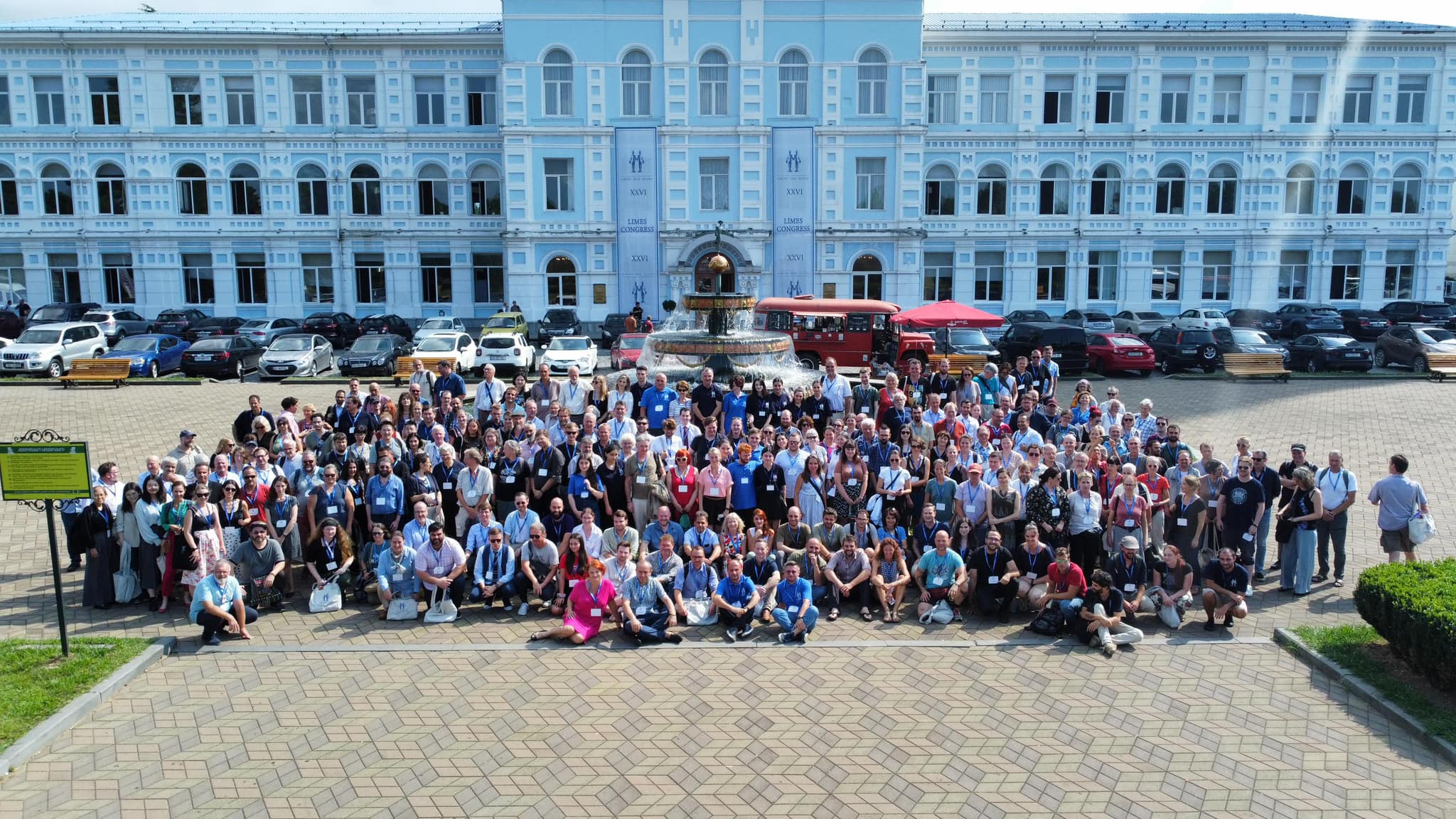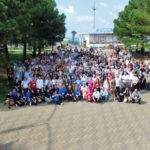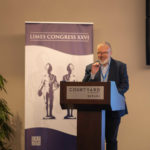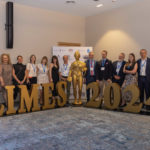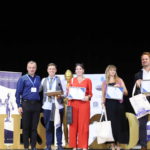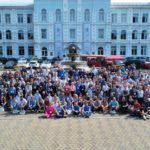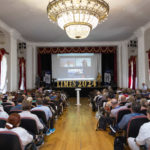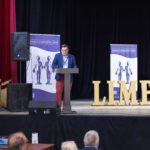The 26th Limes Congress, the world’s largest conference dedicated to the study of the Roman Empire’s frontiers, was held in Batumi, Georgia, bringing together scholars from across the globe. This prestigious event, held from September 8-14, 2024, marked the first time the congress was hosted in Georgia.
The event’s organization was particularly noteworthy, as for the first time it was co-organized by two collaborating institutions from different countries: the Cultural Heritage Protection Agency of Ajara and the University of Warsaw. This arrangement was in line with the congress tradition that the host country must have been within the borders of the Roman Empire. However, the organizers managed to combine this geographical and historical criterion with the significant research expertise of the University of Warsaw. Representatives from Polish Centre of Mediterranean Archaeology and Faculty of Archaeology of the University of Warsaw formed a working group led by Assoc. Prof. Radosław Karasiewicz-Szczypiorski (PCMA UW), alongside Dr. Piotr Zakrzewski (PCMA UW), Dr. Martin Lemke (Faculty of Archaeology UW), Dr. Karolina Trusz, and PhD candidates Natalia Lockley and Maciej Czapski.
The organizers received much highly positive feedback from the participants, which served as the greatest reward for the immense work undertaken before, during, and even after the event. It’s worth mentioning that the congress had a very ceremonial opening and closing. On these two days, attendees had the chance to watch folkloric performances and enjoy the unique flavors of Georgian cuisine.
The Limes Congress was not only about the discussions and meetings held at the hospitable Batumi Shota Rustaveli State University but also included thematic excursions. Before the official opening, participants toured central Georgia, visiting places like the National Museum in Tbilisi. After the congress concluded, another tour went to archaeological sites linked to the Roman military presence in modern-day Turkey, including the legionary fortress at Satala (Sadak). Additionally, several shorter trips took place, including one to the exceptional archaeological site and museum in Vani.
The conference sessions ran simultaneously in six rooms, with a total of 33 sessions and over 260 presentations. The poster session was also a highlight, featuring 28 posters that attracted significant interest.
For the research team led by Assoc. Prof. Karasiewicz-Szczypiorski, the congress was an ideal platform to present the results of Polish-Georgian excavations at the Roman fort of Apsaros (Gonio). One of the most exciting discoveries showcased was a set of floor mosaics found in the commander’s house, a structure dating back to the 30s of the 2nd century AD.
A traditional part of the closing ceremony is the announcement of the next Limes Congress location. This time, the participants selected Morocco, another country where archaeologists from the PCMA UW are actively researching the Roman frontier.
We congratulate our Moroccan colleagues and are already counting down the days until the next conference in this remarkable country.
The XXVI International Congress of Roman Frontier Studies (XXVI Limes Congress) was financed by funds frallocated by the Minister of Science and Higher Education within the framework of the ‘Excellent Science II’ Program (Poland).
Galeria:
-
fot. Cultural Heritage Protection Agency of Ajara
-
Dr hab. Radosław Karasiewicz-Szczypiorski, prof. UW/fot. Cultural Heritage Protection Agency of Ajara
-
fot. Cultural Heritage Protection Agency of Ajara
-
fot. Cultural Heritage Protection Agency of Ajara
-
fot. Cultural Heritage Protection Agency of Ajara
-
fot. Cultural Heritage Protection Agency of Ajara
-
fot. Cultural Heritage Protection Agency of Ajara
-
fot. Cultural Heritage Protection Agency of Ajara
-
Assoc. Prof. Artur Obłuski, prof. UW/fot. Cultural Heritage Protection Agency of Ajara

